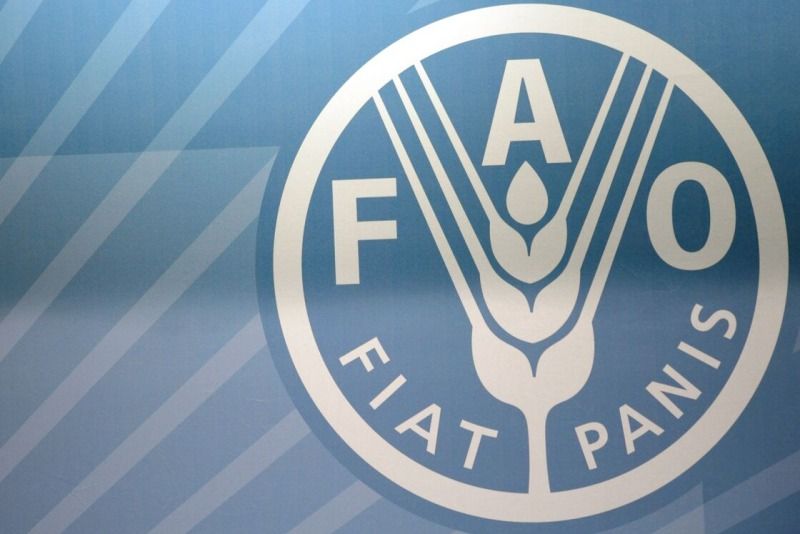There are indications that efforts of governments in the world to force down the prices of food items are yielding fruits.
This is evident in the latest report by the Food and Agriculture Organisation (FAO). It stated in its good prices index which tracks monthly changes in international prices of food-traded commodities. The report sighted by BUSHLINK said the benchmark for world food commodity prices remained stable in June.
The report said the traded food commodities, averaged 120.6 points in June was the same as the figure for May. This shows that June’s index was 2.1 per cent lower than its year-on-year value, subsequently 24.8 per cent below its March 2022 peak.
Detailing commodities which declined during the period, the FAO said the Cereal Price Index declined by 3.0 per cent in June from May, with quotations for coarse grains, wheat, and rice all down, driven in part by improved production prospects in major exporting countries. However, FAO updated its forecast for global cereal production in 2024, pegging it at 2,854 million tonnes, a new all-time high
But the Vegetable Oil Price Index rose by 3.1 per cent from May, attributing the surge to reviving global import demand for palm oil and firm demand from the biofuel sector in the Americas for soya and sunflower oils.
The report said, “The FAO Sugar Price Index increased by 1.9 per cent from May after three consecutive monthly declines, largely due to concerns over the likely impact of adverse weather and monsoons on production in Brazil and India.
“The FAO Dairy Price Index rose by 1.2 per cent, with international quotations for butter reaching a 24-month high due to increased global demand for near-term deliveries amidst strong retail sales, seasonally falling milk deliveries in Western Europe, and low inventories in Oceania.
“The FAO Meat Price Index was virtually unchanged in June, as slight increases in the world prices of ovine, pig and bovine meats nearly offset a supply-led decline in international poultry meat prices”.

